

Healthy eating is an important part of your recovery and can help reduce your risk of future heart problems.
Heart-healthy eating is not about 'good' and 'bad' foods or restrictive diets. It’s about making small changes that you can continue long term.
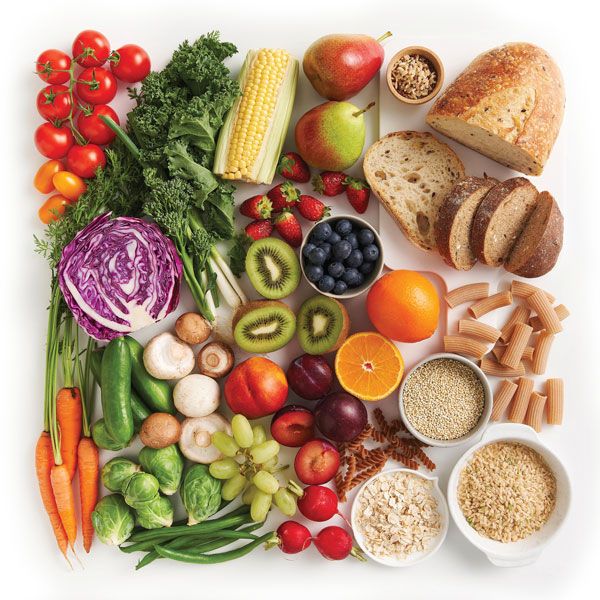
|
1. Plenty of vegetables, fruits, and wholegrains (brown rice, wholegrain breads, and cereals). |
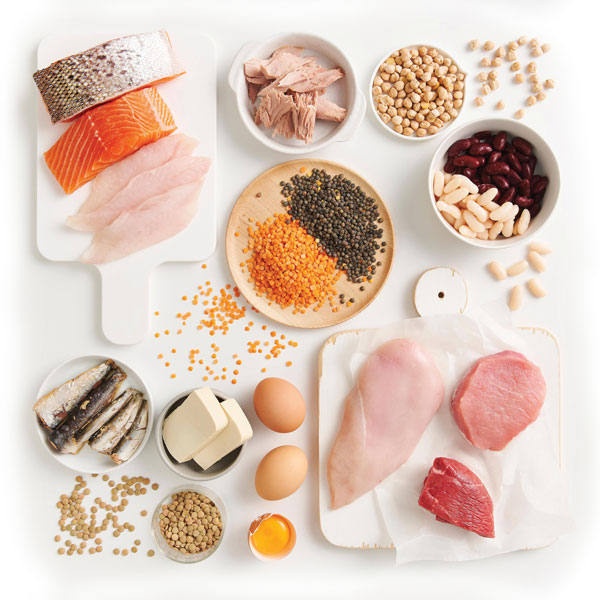
|
2. A variety of healthy protein foods especially fish and seafood, legumes (beans, chickpeas, and lentils), nuts and seeds with smaller amounts of eggs (less than seven per week) and lean chicken. Limit red meat to 1–3 times a week and avoid processed/deli meats. |
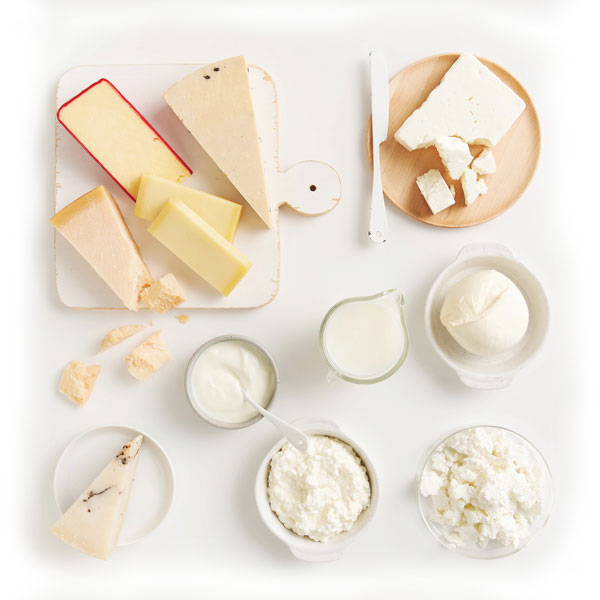
|
3. Unflavoured, reduced fat milk, yoghurt, and cheese. |
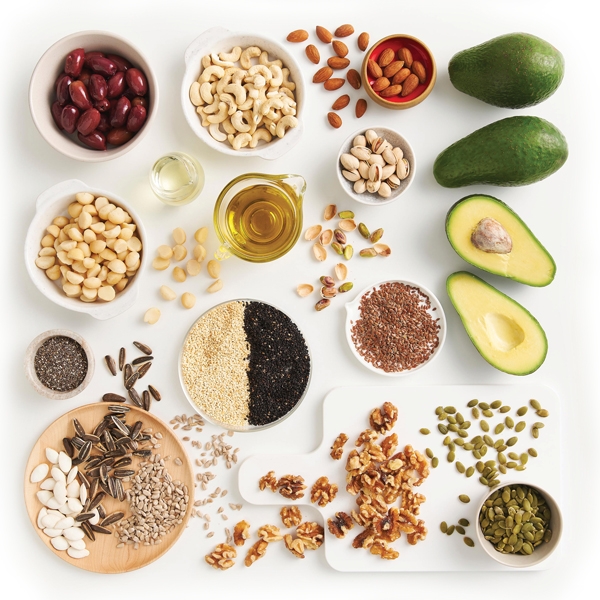
|
4. Healthy fats and oils from foods such as olives, avocados, nuts and seeds, and cooking oils made from these foods. |
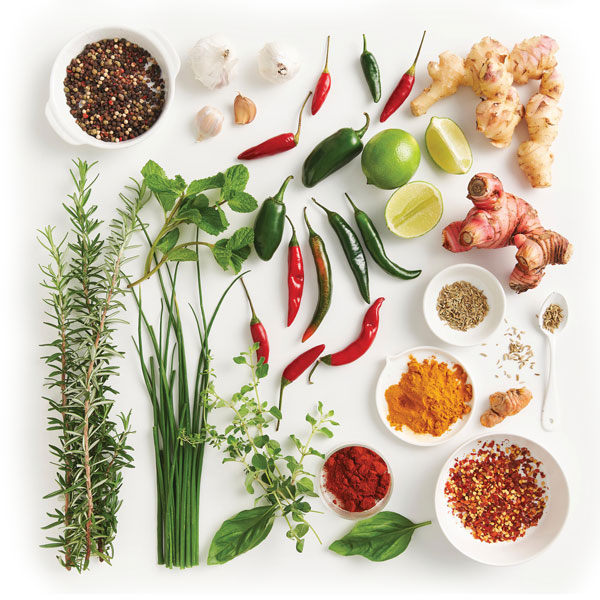
|
5. Herbs and spices to add flavour instead of salt. |

Eat a wide variety of colourful vegetables. Choose veggies that are in season as they’re usually cheaper and tastier. Try adding vegetables to pasta sauces, soups and casseroles or snack on cut-up carrot, celery, cucumber or capsicum.
Replace white bread and rice with wholegrain and seeded bread, brown rice and high-fibre breakfast cereals like oats.
Eat more legumes like lentils, chickpeas and beans. Use dried, cooked or canned varieties (reduced or no added salt). Try adding to salads, soups and casseroles.
Aim for 2–3 servings of fish a week, either fresh or canned. For canned varieties, choose products stored in spring water or olive oil rather than brine.
Reduce the amount of processed meat you eat.
Limit unhealthy foods like chocolate, biscuits, pizza, fast food and deli meats.
Aim to drink plenty of water throughout the day.
Last updated29 August 2025
Last reviewed24 April 2024